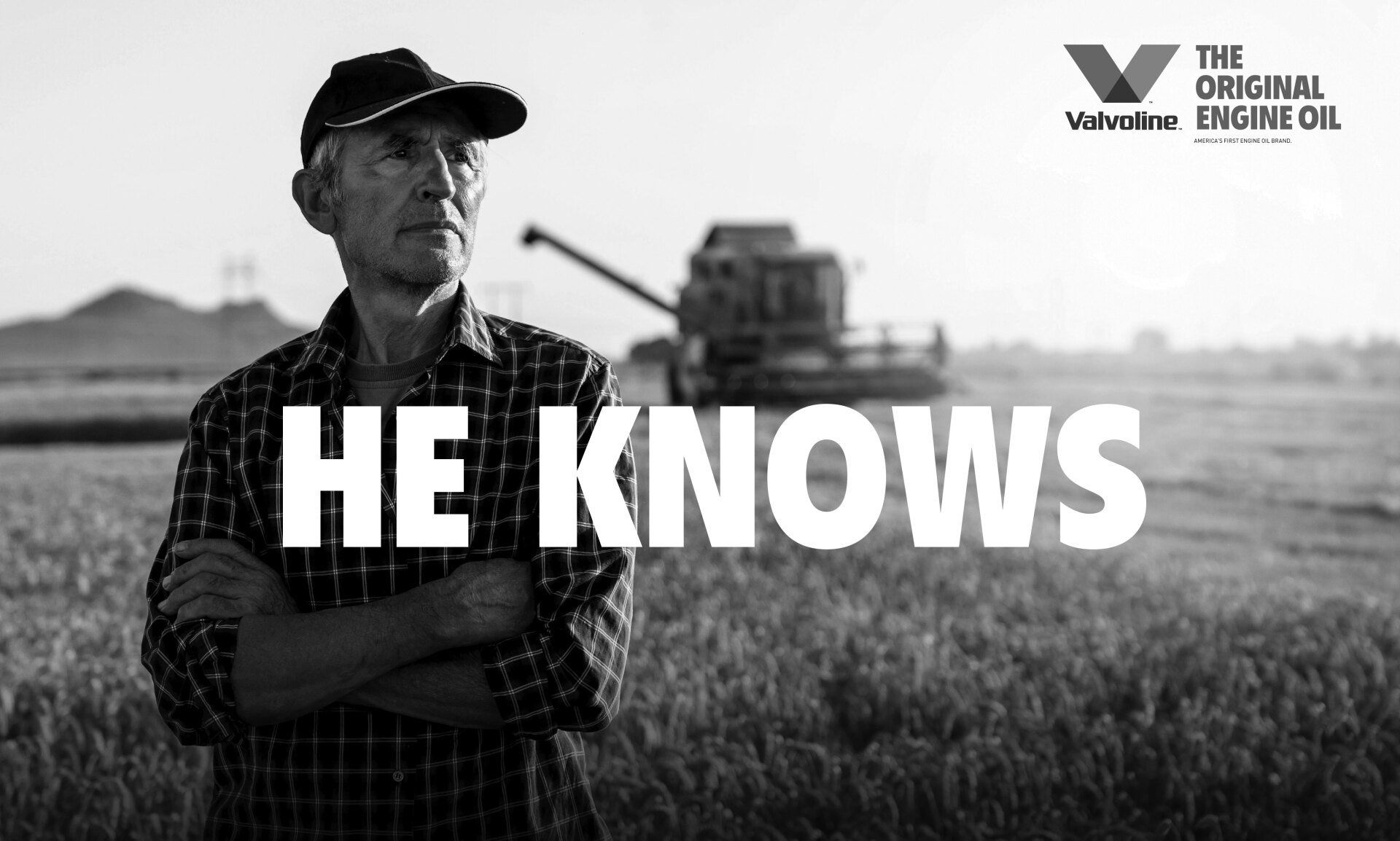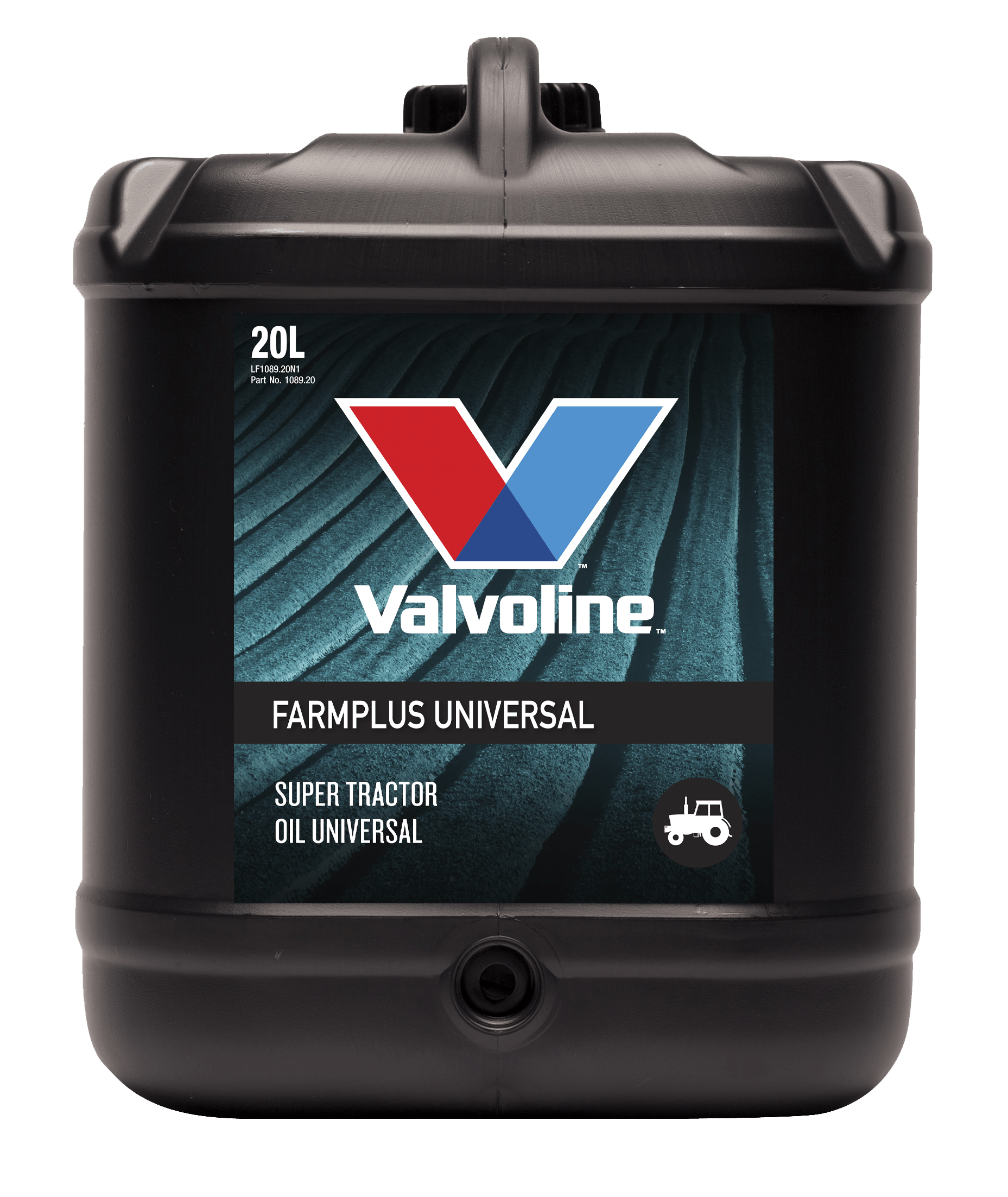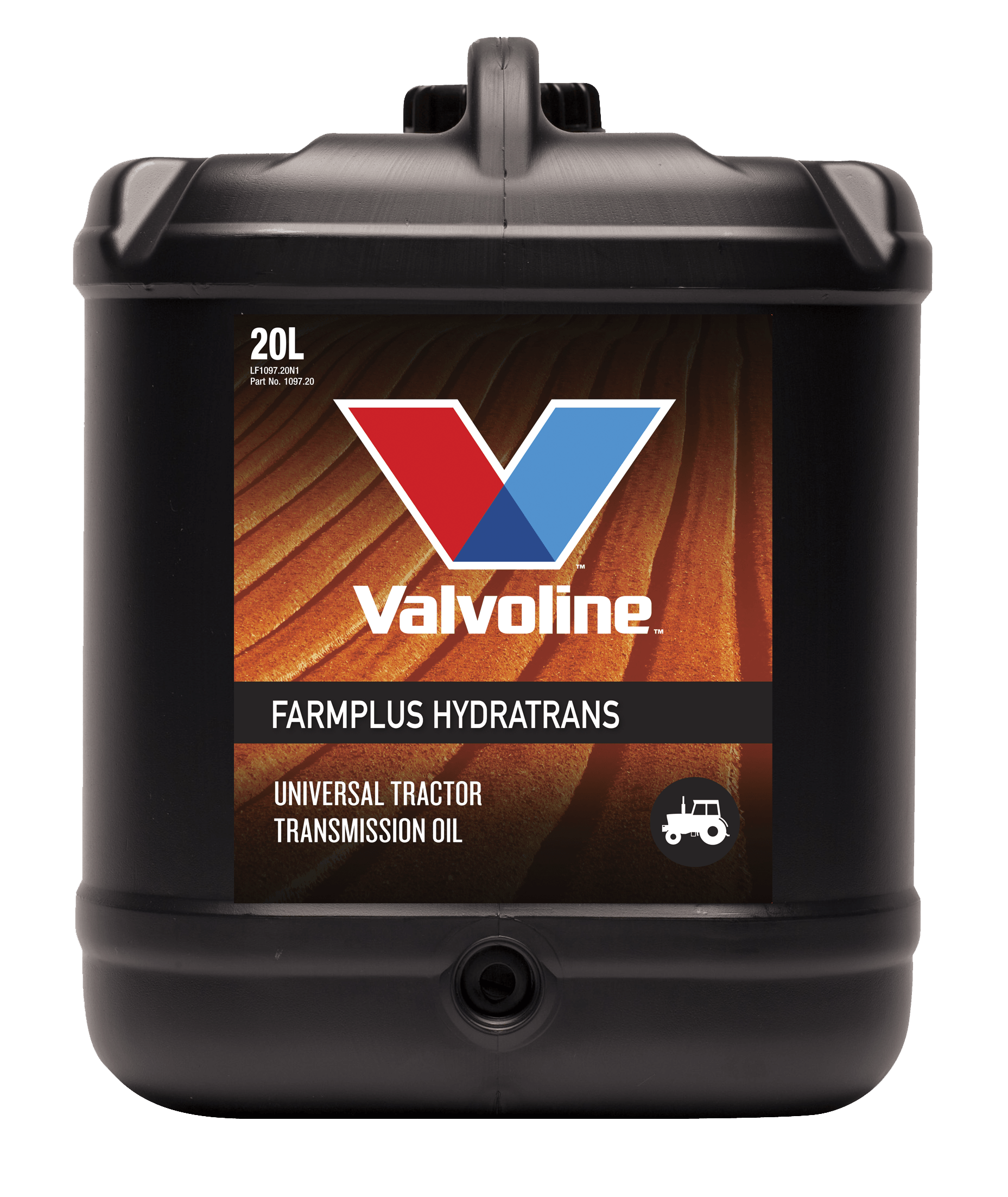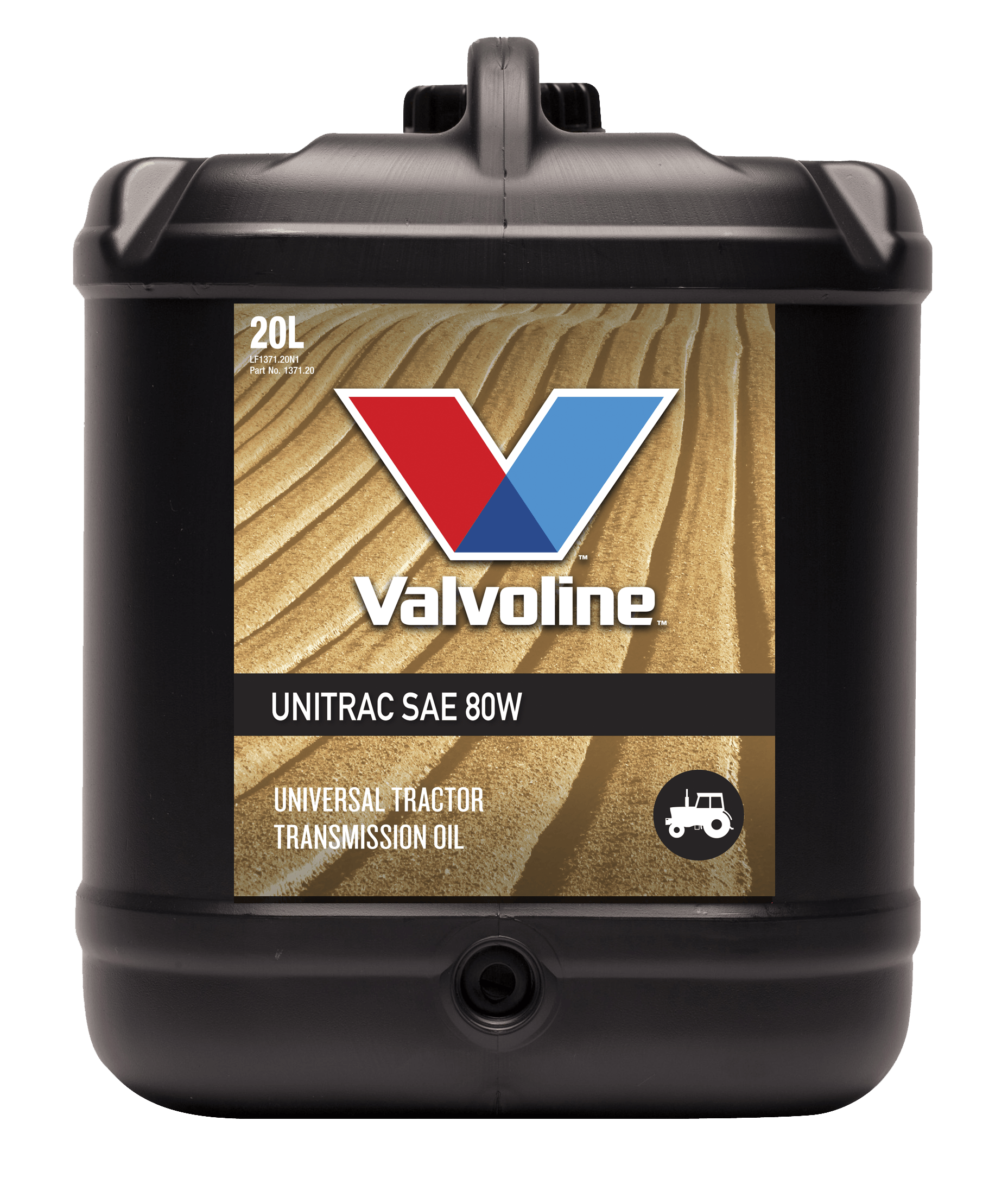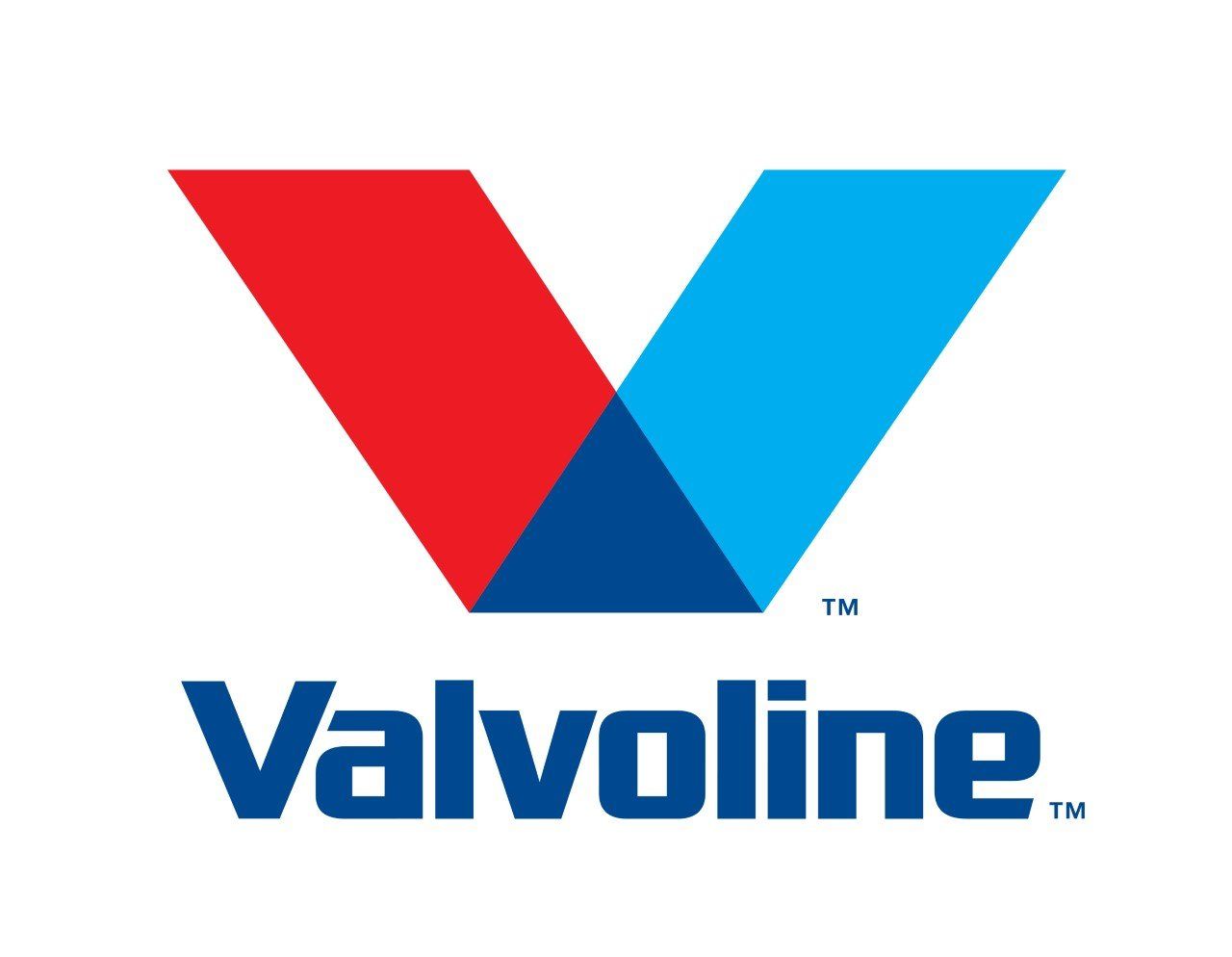As the original engine oil, Valvoline™ has been providing various industries, including the agricultural industry, with longstanding innovation. With the world’s first racing oil, first synthetic blend and first high mileage engine oil, the company has consistently shown its commitment to innovate and reinvent for the evolving automotive, commercial, agricultural, and industrial customer needs.
With over 50 years of experience in servicing the Australian agricultural market, Valvoline continues to hit the mark with their heavy-duty engine oils, greases, hydraulic oils, tractor fluid, and coolants, helping to protect and keep agricultural equipment in Australia running optimally. These products are developed to withstand the toughest conditions and demands faced on Australian farms. It is safe to say therefore, Valvoline’s oil and lubricant products partner for maximised performance and minimised downtime.
“We understand the importance of high-quality lubricants to primary producers and their machinery. It is crucial that equipment runs efficiently, particularly when operating in isolated locations,” says Graham Hutton, director of the Commercial and Industrial division at Valvoline. “During the pandemic, we’ve learnt and confirmed many things about our own business and the industries that we serve. One of our main insights and hence priorities for the agricultural industry is that farming and agricultural work simply can’t “do lockdowns” - lockdowns, downtime, and delays isn’t an option when soil needs to be properly cultivated and sown during optimal conditions and timing. That is why it remains Valvoline’s mission to make vehicle and equipment care as easy and efficient as possible for all of our customers. We do this by providing innovative solutions and efficient distribution that enable the customers that we serve to continue moving forward with their businesses.”
Valvoline has been manufacturing lubricants in Sydney since 1964 and the range of agricultural products has been formulated to combat Australia’s uniquely harsh environment, delivering protection and performance for agricultural equipment.
When deciding which gear and transmission lubricant to use, farmers usually give advantage to Universal Tractor Transmission Oils (UTTO), such as
Valvoline Unitrac SAE 80W and
FarmPlus Hydratrans, because these oils effectively lubricate hydraulic systems, the transmission, and wet brakes of tractors, combine harvesters, diggers, and other agricultural equipment.
Unitrac SAE 80W has been tested in a range of tractor and earthmoving applications and was proven fit for purpose, with drain intervals extended by as much as 50 per cent across a variety of conditions.
In addition, Valvoline developed
FarmPlus Universal, a Super Tractor Oil Universal (STOU) which, besides being a tractor gear oil that lubricates the transmission, hydraulic systems, and wet brake systems, can be used as a tractor engine oil as well, and thus leading to product consolidation. The diesel tractor oil is adjusted to respond to different challenges, which makes it one of the favourites in the market.
Valvoline has a proven track record in Australia that extends from production and research and development to dependable availability in rural areas, with close links to the agricultural community. A total of 27 warehouses around the country, which includes 20 situated in regional areas, ensure a significant national and rural footprint, while the easy to use online ordering platform ‘Connect’ offers convenience and extensive product information. The platform is supported by a range of distributor partnerships in regional centres so farmers have ample opportunity to access the Valvoline product range.
The company values strong long-term relationships with both distributors and resellers, who in turn have long-term relationships with highly valued local primary producers.

